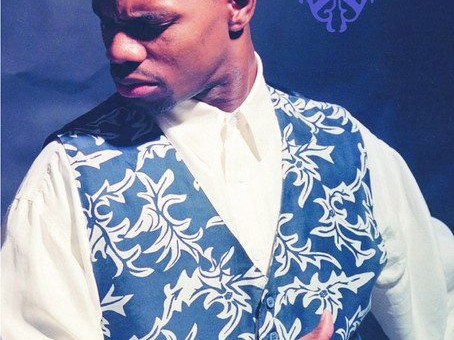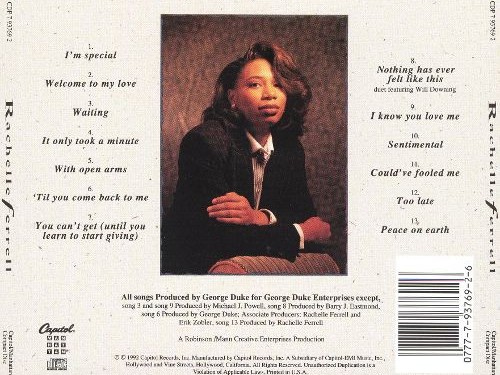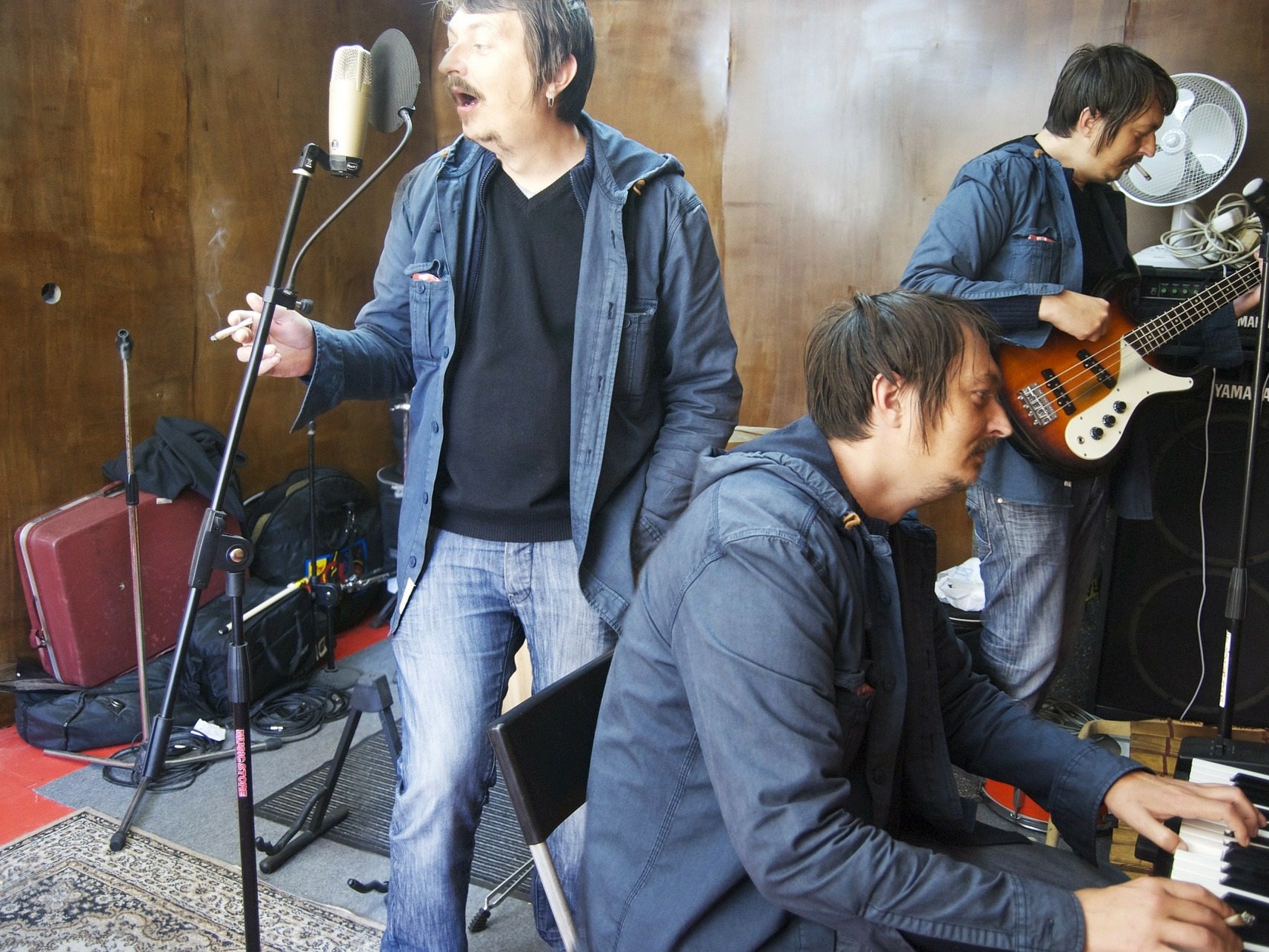Let’s imagine for a moment that the middle of the circle you see represents the socio-cultural construct known as “Blackness”. Also, imagine if you will that the outline of the shape represents the on-going never ending debate about what is and what isn’t “Black” or “Black Enough”. If you give your attention to the middle of the circle yet again you’ll notice that there’s a lot of space contained therein. A lot of space.
What piqued my interest in even addressing this topic was a brief exchange I watched play out on Twitter last night, where the never ending tired debate continues to soldier on about the validity of one Tyler Perry as he relates to this circle if you will. A point was made and an excellent counter-point was made that really started my mind to think about this very issue.
Basically, someone was having an issue with how Tyler brands all of his productions with “Tyler Perry Presents” and the counter-point was made that Spike Lee did the exact same thing with “A Spike Lee Joint” on the titles to his films. Touché. Of course that was met with less than enthusiasm from the original tweeter and to be honest with you was down right dismissed as not the same when yes it’s exactly the same.
Now I am no fan of Tyler Perry but at the same time I’m not trying to hold up myself as the arbiter of what’s black and what’s not or what’s good for black folk and what’s not because to be honest with you therein often times lies the problem. People make assumptions on various states of “Blackness” based on a variety of criteria: Educational, Economic, and on and on, but the problem with that is that as people we’re too fluid and complex to follow a prescribed script based on an if: then: type of formula. What do I mean?
Well, for one speaking from my own experience you would think that someone who has spent as much time writing, researching, and viewing seminal documentaries on this very issue would not garner enjoyment out of certain entertainment deemed low-brow by the esteemed culture critics who inhabit every corner of the blogotwittersphere. Sure my viewing habits sometimes could be considered cringe worthy, but at the same time I don’t feel like my worldview has been transported back to 1863 either after watching.
What’s in the room that no one wants to discuss is that the impetus for all of this criticism, boycotting, debate etc., is truly people worrying about what some other group of people think, when you tailor your behavior for someone’s approval other than you’re own you will never be free.
As I mentioned earlier I’m not a fan of Tyler Perry’s creative output, but the beautiful thing about it is that it doesn’t effect my life or his. He gets to keep making movies, plays and T.V. shows and I get to keep not watching them. It’s as simple as that. That circle is big enough for everyone to have some space without the argument of is this or that authentically “Black”. I think we are still under the false notion in this country that everyone who looks a certain way has similar cultural values. Why?
My parents were not only from a very different generation than mine(my parents were much older when I came on the scene) they grew up very different geographically than I did. Although, I grew up and live in the South, they really grew up in the South and brought a lot of that particular culture and tradition to my upbringing. I didn’t embrace a lot of it and to their credit they allowed me the space to become who I am without the baggage of feeling less than authentic because I passed on the pig’s feet.
Every child in every home has different opinions and values (even twins), so why should it be any different for an entire group of people? The dichotomy is this: Do I think that Amos n’ Andy (and some other shows) perpetuated some serious mis-conceptions about Black Folks absolutely. In viewing some of the episodes of said shows did I laugh? Absolutely. If I had answered that last question in the negative I would be lying and feel that many others need to be honest that they laughed too. Don’t worry I won’t send the “Drop Squad” to get your “Black Card”.
Where I’ve been heading with all this and how it relates to GFM (because you know it all relates right?) is that as I have said many times in this blog and I feel that I should say it once again life is entirely too short to waste time and energy criticizing what you don’t like as opposed to celebrating and helping to insure what you do like is successful. Being a critic is easy. It happens after the fact and you are basically a parasite on the work of another, whether that work is good or not in your opinion. I’m not saying that creators work should be free criticism, I’m saying the best criticism is to ignore.
I will leave you with this… there are always going to be folks, music, movies, plays, movements etc., that you don’t agree with or is not your cup of tea. Great! Why spend precious moments of your life endlessly deliberating over a ship that has already sailed? If you have an idea about a ship and how you would like your ship to float: build it.
Ivan Orr is a multi-instrumentalist, composer, performer, and writer. A native of Charlottesville, Virginia Ivan was involved with the forming and nascent days of The Music Resource Center as its first Program Director. A graduate of Virginia Commonwealth University’s Department of Music, Ivan currently resides in Richmond, VA where he maintains an active performance and production schedule while serving as the Music Editor for Grown Folks Music, a position he has held since 2010.
RELATED POSTS
April 30, 2015
Why We Sing?
June 19, 2015




